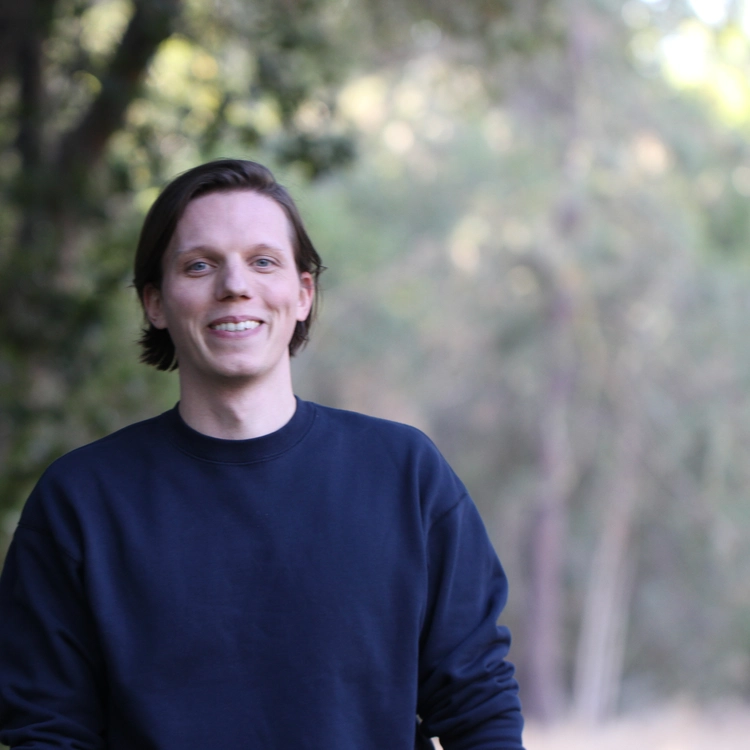Overview
During his PhD, Julian Merder developed statistical techniques and software to improve the performance of ultrahigh-resolution mass spectrometry and derived new ways to link the composition of dissolved organic matter to biotic and abiotic factors. He is generally interested in all branches of ecology to better understand and quantify the dangers we will face under anthropogenic climate change. In the Michalak Lab, he will develop stochastic population models in conformance with global datasets to better understand the causes and frequencies of harmful algal blooms under changing climate.
CV
- Oct 2020 - ongoing
- Postdoctoral Fellow
- Carnegie Institution for Science, Biosphere Sciences and Engineering, Global Ecology
- Michalak Lab
- May 2020 – Oct 2020
- Postdoctoral Fellow
- University of Oldenburg, Germany
- Institute for Chemistry and Biology of the Marine Environment
- Working group: Marine Geochemistry
- Nov 2016 - Apr 2020
- PhD in Environmental Modeling:
- University of Oldenburg, Germany
- Institute for Chemistry and Biology of the Marine Environment
- Working group: Theoretical Physics / Complex systems
- Oct 2013 – Mar 2016
- Master of Science (Environmental modeling):
- University of Oldenburg, Germany
- Oct 2010 – Sep 2013
- Bachelor of Science (BioGeo-Analysis):
- University of Trier, Germany
